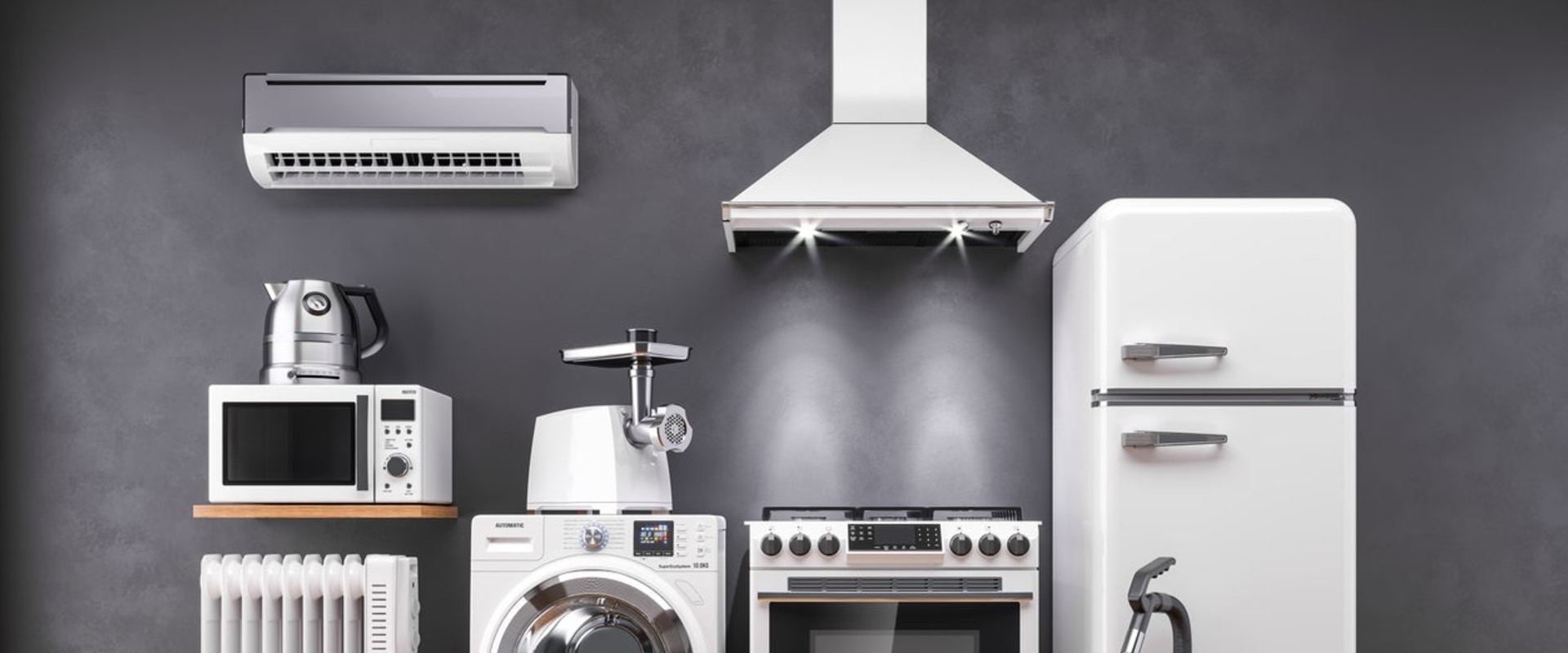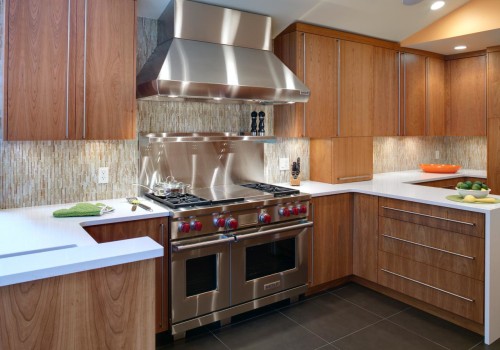In today’s world, many homeowners face a dilemma when their appliances malfunction: should they repair the appliance or replace it with a new one? With the rising costs of quality appliances and increasing environmental awareness, more people are choosing to repair items rather than discarding them. Some appliances, especially those that are essential to daily life, can often be restored to full functionality with a simple repair, making replacement unnecessary and sometimes even wasteful. Knowing which appliances are typically worth repairing can save money and reduce waste, extending the lifespan of quality products and keeping household systems running smoothly. Here, we’ll explore some of the most common appliances that often benefit from repair over replacement.
Washing Machines
Washing machines are among the most frequently used household appliances, and when they stop working, it can be a significant inconvenience. However, many common washing machine issues, like water drainage problems, faulty spin cycles, and broken belts, are relatively straightforward for professionals to fix. The average life expectancy of a washing machine is around 10-15 years, and repairs are often much cheaper than purchasing a new unit. Replacing simple parts, such as the door latch, water inlet valve, or even the drum belt, can restore an older washing machine to peak performance without the need for a costly new purchase.
Refrigerators
Refrigerators are a major investment and one of the most critical appliances in the home. When a refrigerator has minor issues, such as a broken thermostat, leaking water, or inconsistent cooling, a repair is usually more economical than replacing the entire unit. Many repairs are straightforward and can be handled by a skilled technician, extending the fridge’s life by several years. Additionally, some high-end refrigerators come with specialized parts that are costly to replace outright. Instead, addressing specific problems, such as a malfunctioning compressor or condenser coils, can return the refrigerator to optimal function without the hefty cost of a new appliance.
Dishwashers
Dishwashers are built to last approximately 10 years, and common issues—like poor cleaning performance, water not draining, or broken seals—are often relatively easy to fix. Replacing components like the pump, spray arm, or heating element can quickly get a dishwasher back to working order. Given that new dishwashers can be expensive, especially for models with advanced features, it’s usually worth exploring repair options before considering replacement. Regular maintenance, such as cleaning filters and unclogging spray arms, can also help prolong a dishwasher’s life, making repairs more effective over time.
Ovens and Stoves
Ovens and stoves are essential for meal preparation, and many issues they face—such as faulty heating elements, broken igniters, or malfunctioning thermostats—can often be resolved with a repair. Electric ovens, in particular, are usually straightforward to repair because they have fewer moving parts than other appliances. Gas stoves, however, should be repaired by professionals due to safety concerns related to gas lines. Repairing an oven or stove can extend its life by years and help avoid the high cost of a new unit. Appliances like these are built to withstand regular use, and a few replacement parts can keep them running safely and efficiently for much longer.
Water Heaters
Water heaters are among the appliances that can often be repaired, as they generally have a long lifespan if properly maintained. Issues like inconsistent water temperature, sediment buildup, or leaking valves are common problems that professionals can typically fix. Routine maintenance, such as flushing the tank or replacing the anode rod, can prevent issues from escalating and help avoid the need for a replacement. Companies like The Plumber Pro specialize in these types of repairs, ensuring that water heaters continue to function effectively while keeping costs down for homeowners.
HVAC Systems
Heating, ventilation, and air conditioning (HVAC) systems are significant investments for any home. When these systems experience issues, such as poor airflow, inconsistent temperature, or unusual noises, repairs are often feasible and can save considerable expense compared to replacement. Replacing parts like fan motors, belts, or thermostats can restore an HVAC system’s performance without the high cost of a new unit. Given that HVAC systems have a lifespan of around 15-20 years with proper care, regular maintenance and timely repairs are typically more cost-effective and can keep these systems operating efficiently.
Microwaves
While microwaves are often considered small and relatively inexpensive appliances, high-quality models can be quite costly. Repairing microwaves can be worthwhile, especially for issues like faulty door switches, turntable problems, or power supply issues. These repairs are typically less expensive than buying a new microwave, especially if the appliance is relatively new. Microwave repairs also help reduce electronic waste, making it a more environmentally conscious choice. Since many modern microwaves have advanced features, it’s often preferable to repair rather than replace to avoid the costs associated with newer models.
Garbage Disposals
Garbage disposals are appliances that are frequently used but relatively inexpensive to repair. Common issues, such as clogs, jams, or dull blades, can often be resolved without replacing the entire unit. In many cases, clearing obstructions or sharpening the blades can restore a garbage disposal to optimal function. For more severe issues, professional repairs can extend the disposal’s life, offering a cost-effective alternative to replacement.
Conclusion
Many household appliances can be repaired effectively, saving both money and reducing waste. Washing machines, refrigerators, dishwashers, ovens, water heaters, HVAC systems, microwaves, and garbage disposals are all examples of appliances that often benefit from repair rather than replacement. Regular maintenance and addressing minor issues promptly can further prolong the life of these appliances. For more complex repairs, seeking assistance from professionals like My Plumber Pro ensures the job is done safely and efficiently, allowing homeowners to enjoy their appliances for years to come without the added expense of buying new ones.




